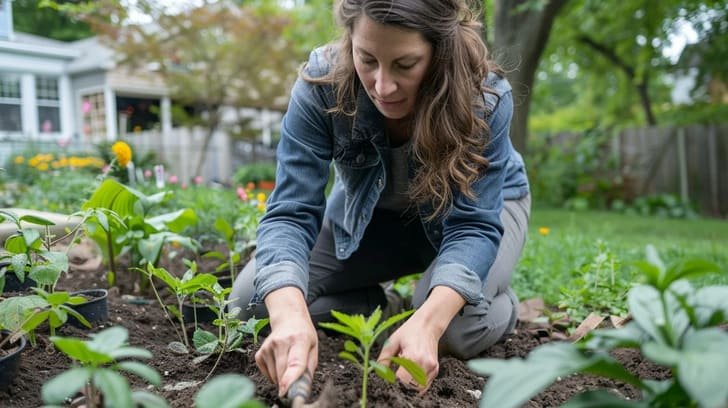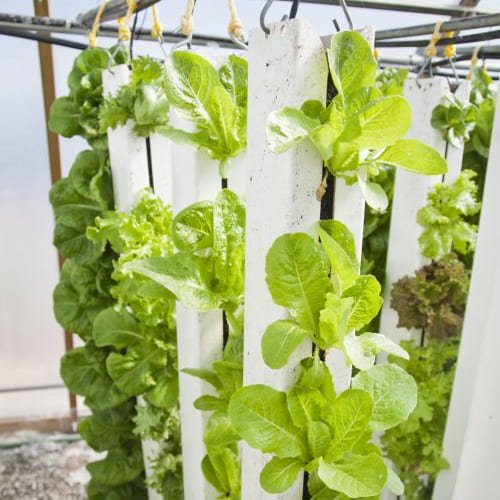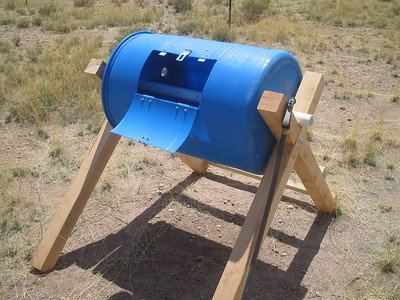Gardening—it’s one of those activities that can be incredibly rewarding and maddeningly frustrating at the same time. If you’ve ever felt like your plants are conspiring against you, trust me, I’ve been there.
But over time, and after countless hours of trial and error (and a few side-eye glances from my neighbors), I’ve picked up some absolute game-changer tips from professional gardeners. These aren’t your run-of-the-mill, “water your plants” kind of tips. These are practical, “why didn’t I think of that?” nuggets of wisdom that will actually make a difference. Let’s dig in… literally!

1. Stop Fighting Your Soil, Work With It
I used to think I needed the perfect, fluffy, nutrient-packed soil to grow anything. Spoiler alert: You don’t. A pro once told me, “Your soil has a personality. Learn to love it.” If your soil is clay-heavy, embrace plants that thrive in clay. If it’s sandy, go for Mediterranean herbs like rosemary and lavender. Amend it, yes, but don’t kill yourself trying to make it something it’s not. And if you’re unsure? Grab a soil test kit and figure out what’s going on under the surface. Think of it as relationship counseling for you and your garden.
2. Mulch Like a Pro (and Not Just for Looks)
Mulch isn’t just the garden equivalent of makeup—though, let’s admit, it does make everything look polished. It’s also a multitasking hero. It keeps weeds at bay, locks in moisture, and regulates soil temperature. One pro gardener told me to think beyond bark: use shredded leaves, grass clippings, or even straw. Bonus tip? Leave a gap around the base of your plants to avoid rot. It’s like giving your plants a cozy blanket but making sure they can breathe.
3. Water Deep, Not Often
For years, I was that person—you know, the one out there every morning with a watering can like it was some kind of ritual. Then a landscaper friend casually mentioned that I was turning my plants into “shallow-rooted wimps.” Ouch. Deep watering encourages roots to grow down where they can access moisture even during dry spells. So now? I water less frequently but more thoroughly. My plants are happier, and I get to sleep in.
4. Learn the Art of Companion Planting
This tip felt like magic when I first heard it. Certain plants, when grown together, help each other thrive. Tomatoes love basil—not just on your plate, but in the soil too. Marigolds can keep pests away from your veggies. And if you plant beans near corn, the beans’ roots will fix nitrogen into the soil, giving the corn a natural boost. It’s like matchmaking, but for plants. And the results? Chef’s kiss.
5. Sharpen Those Tools (Seriously)
I used to think dull tools were just an inconvenience. Nope. A professional landscaper gave me a “why-didn’t-I-know-this” moment when he explained that dull blades damage plant tissue, making them more susceptible to disease. Now, I keep a small sharpening stone handy and take a few minutes to sharpen my pruners and shears before I start. It’s oddly satisfying and makes a world of difference.
6. Compost Isn’t Just a Trendy Buzzword
If you’re not composting yet, what are you even doing? (Kidding… sort of.) Composting is like giving your garden a superfood smoothie. One pro gardener broke it down for me: “It’s not about perfection. Just balance greens (like veggie scraps) and browns (like dried leaves), keep it moist, and turn it occasionally.” Now I’ve got a little compost bin that’s basically my garden’s secret weapon.
7. Prune With Purpose
Omg, pruning. It used to feel like plant surgery—terrifying. But one professional gardener demystified it for me: “Pruning is about guiding growth, not punishment.” The key is to prune at the right time and know what your plant needs. Roses love a good trim in early spring. Herbs like basil? Pinch them back regularly to encourage bushy growth. And those dead or diseased branches? Snip them off ASAP—they’re just dead weight.
8. Embrace the Imperfection
This might be the most important tip of all. A seasoned gardener once told me, “Your garden isn’t supposed to look like a magazine spread.” Plants get holes in their leaves. Tomatoes split. Weeds pop up. And that’s okay. Gardening is about the joy of the process, not some unattainable idea of perfection. Once I let go of the need for everything to look “just so,” gardening became a lot more fun—and a lot less stressful.
There you have it—eight genius tips from the pros that have genuinely transformed my gardening game. If you take away just one thing from this, let it be this: gardening isn’t about perfection; it’s about connection. Connection to nature, to the rhythm of the seasons, and—yes—to yourself. Now go grab your gloves, get your hands dirty, and have some fun out there.



